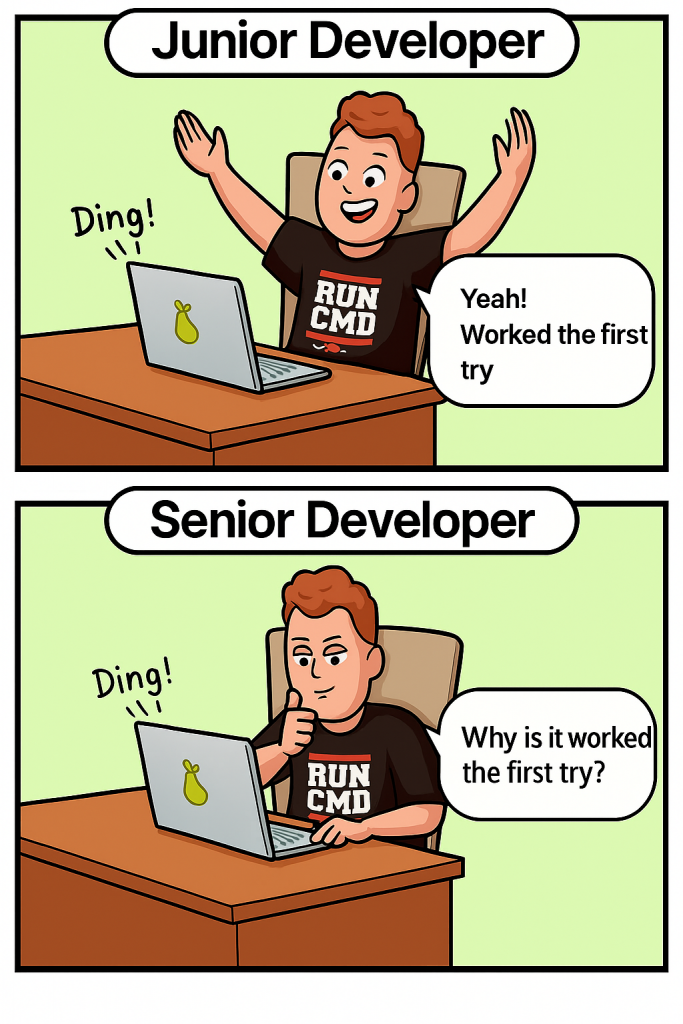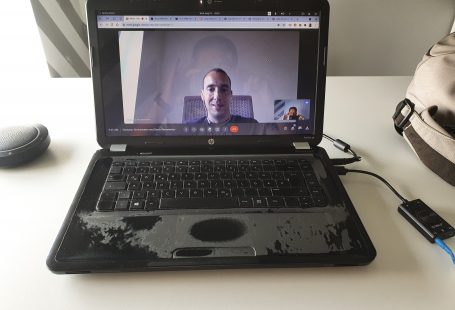
It’s not uncommon to hear that programmers are “hard to communicate with,” “introverted,” or even described as “paranoid” or “autistic.” While I haven’t found definitive scientific research on how years of programming affect a person’s psychology and behavior, I guess I know what is going on.
At its core, the explanation lies in the nature of the work itself. Programming large systems is an exceptionally complex task. In many ways, it resembles playing multidimensional chess at a high level: a programmer must keep track of a system’s current state, predict how it will evolve, weigh design and performance trade-offs, recognize patterns, and manage risk, all simultaneously.
The Invisible Minefield of Software Development
The potential for things to go wrong is vast. Issues can stem from:
- Human error in syntax or logic
- Incompatibility between components or services
- Network or protocol mismatches
- Thread synchronization failures
- Insufficient memory or disk space
- Inadequate error handling
- Null-pointer exceptions
- Time zone misinterpretations or clock synchronisation
On top of this, developers must also consider hardware failures, and in some domains, even deliberate cyberattacks.
For those working on mission-critical systems, like aerospace, aviation, or nuclear power plants, the bar is even higher. They must keep in mind something that called soft errors, which are subtle hardware faults where cosmic radiation flips a single bit in memory without causing visible physical damage. This tiny change can produce completely unintended results and makes engineers take into account radiation hardening.
One astonishing example of resilience is Voyager I, the spacecraft that has been operating flawlessly for over 45 years, enduring extreme temperatures and radiation while continuing to send data back to Earth. Its success is a testament to robust engineering and foresight in handling such unpredictable conditions.
Yes, Bit Flips Can Affect Earthly Code Too
Soft errors don’t only happen in space. They’ve been documented here on Earth, albeit rarely. In 2003, during an election in Schaerbeek (Brussels), the Communist Party received over 4,000 votes, more than the total number of voters in the district. Investigators eventually traced the anomaly to a bit flip likely caused by solar radiation. Similar oddities have even been caught in entertainment contexts, for instance, a game glitch spotted by a streamer playing Super Mario was attributed to the same kind of issue.
Why Developers Pause When You Ask “How Long Will It Take?”
Given the vast number of failure points they must anticipate, it’s no surprise that years of working in such an uncertain, high-stakes environment shape the way programmers think and behave. Their mindset is affected by constant exposure to cascading failures, edge cases, and “what if” scenarios.
So when a programmer pauses or seems anxious when asked, “How long will this take?”, it’s not because of lack of confidence. It’s because they’re instinctively calculating the probabilities of everything that could go wrong, the potential consequences, and the time required to fix each possible issue.






